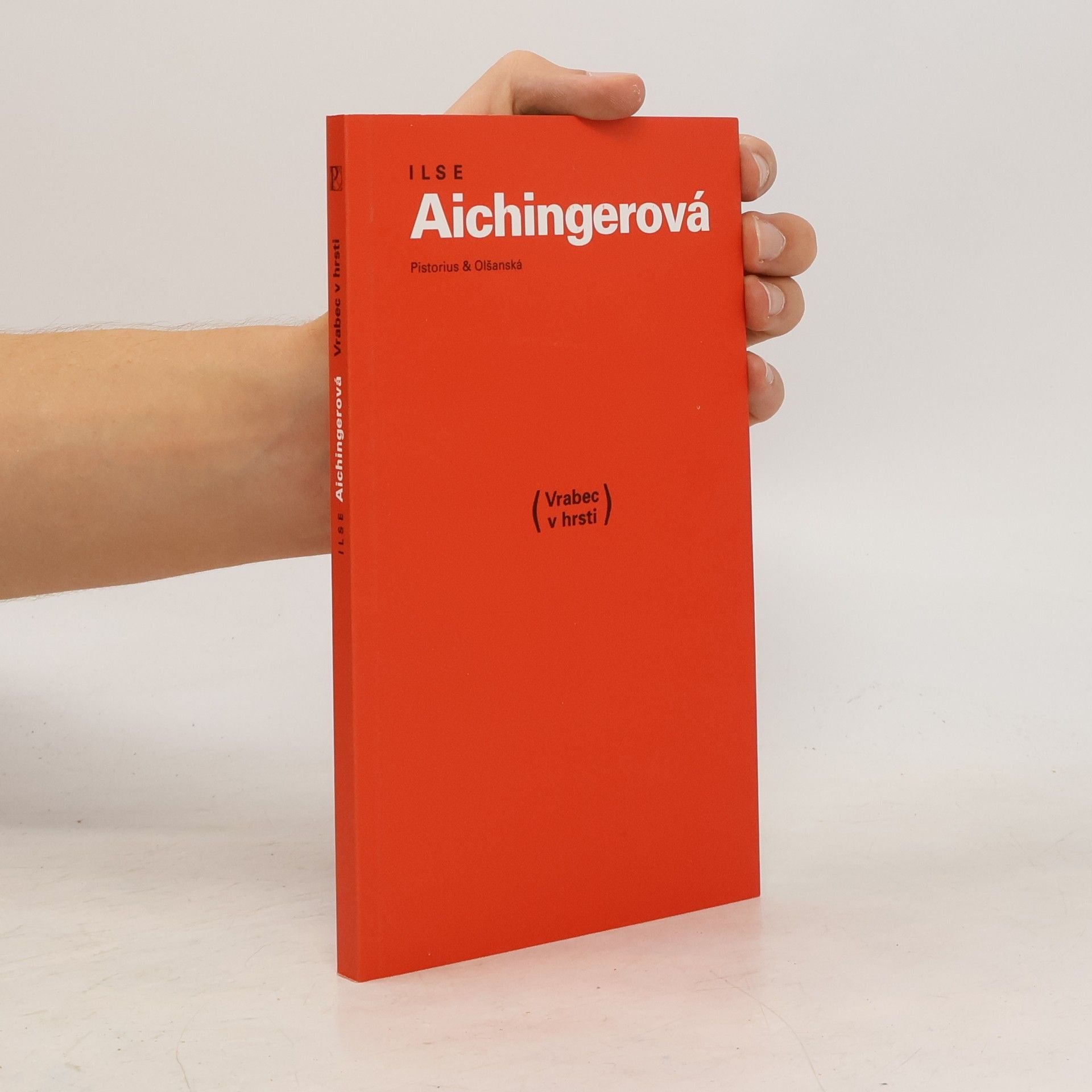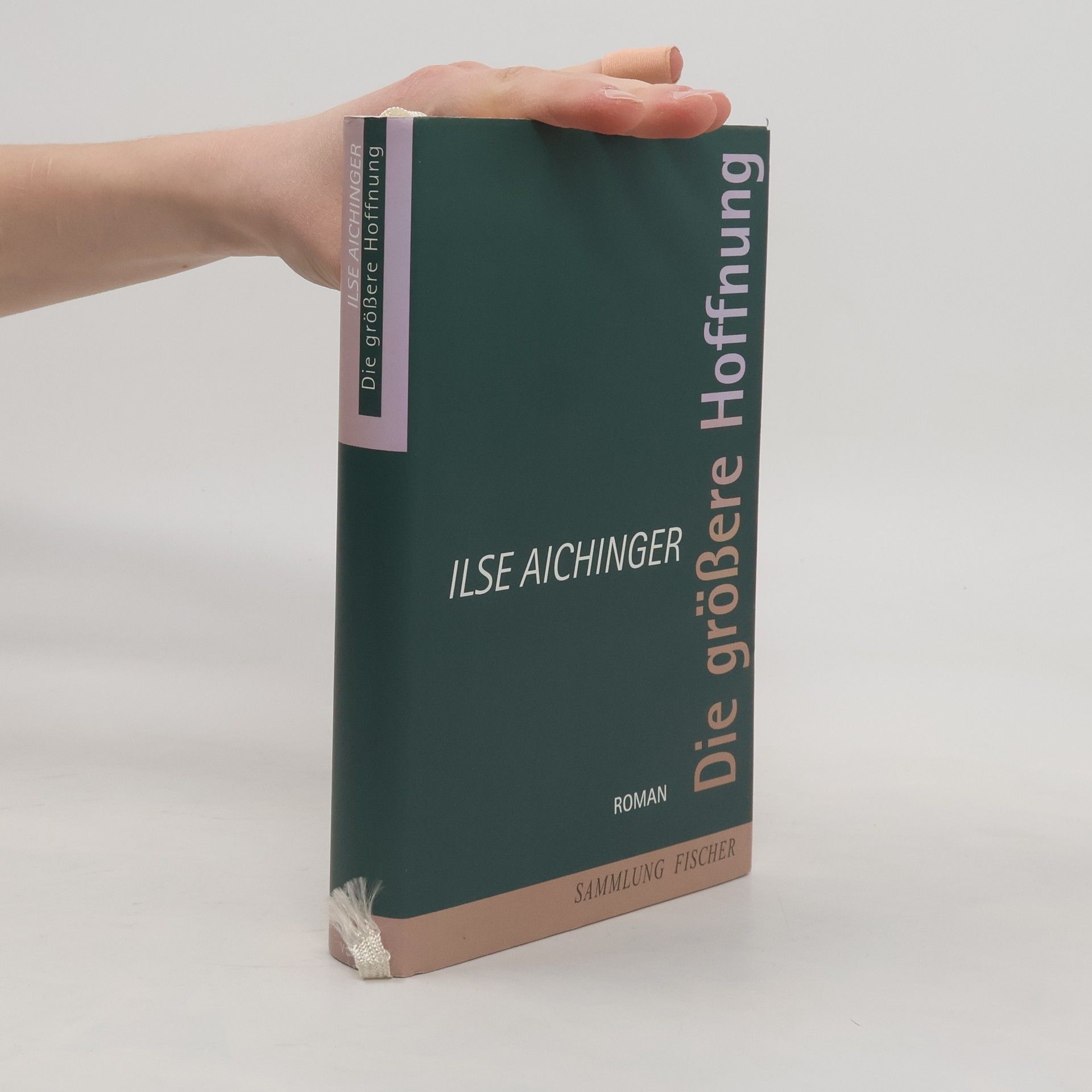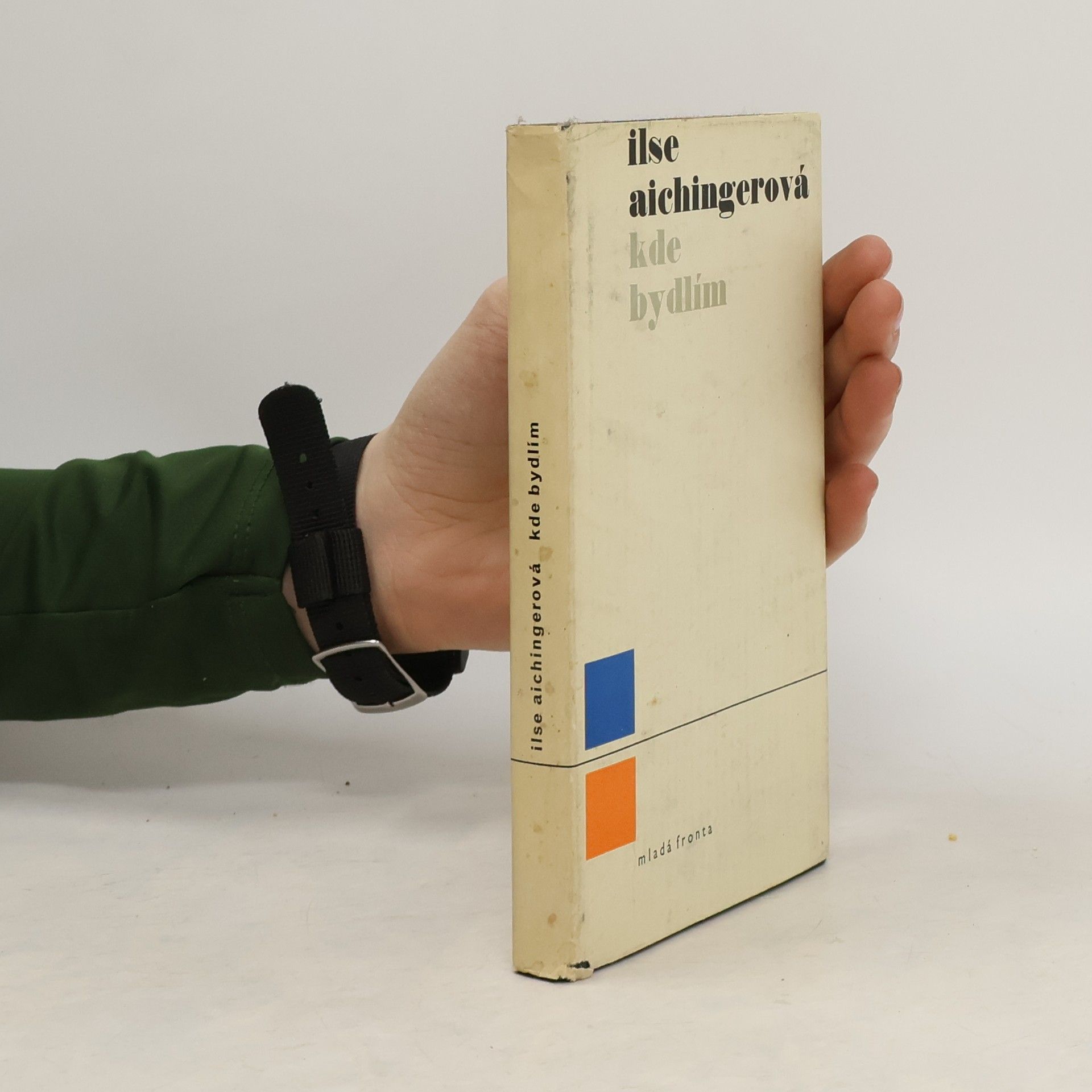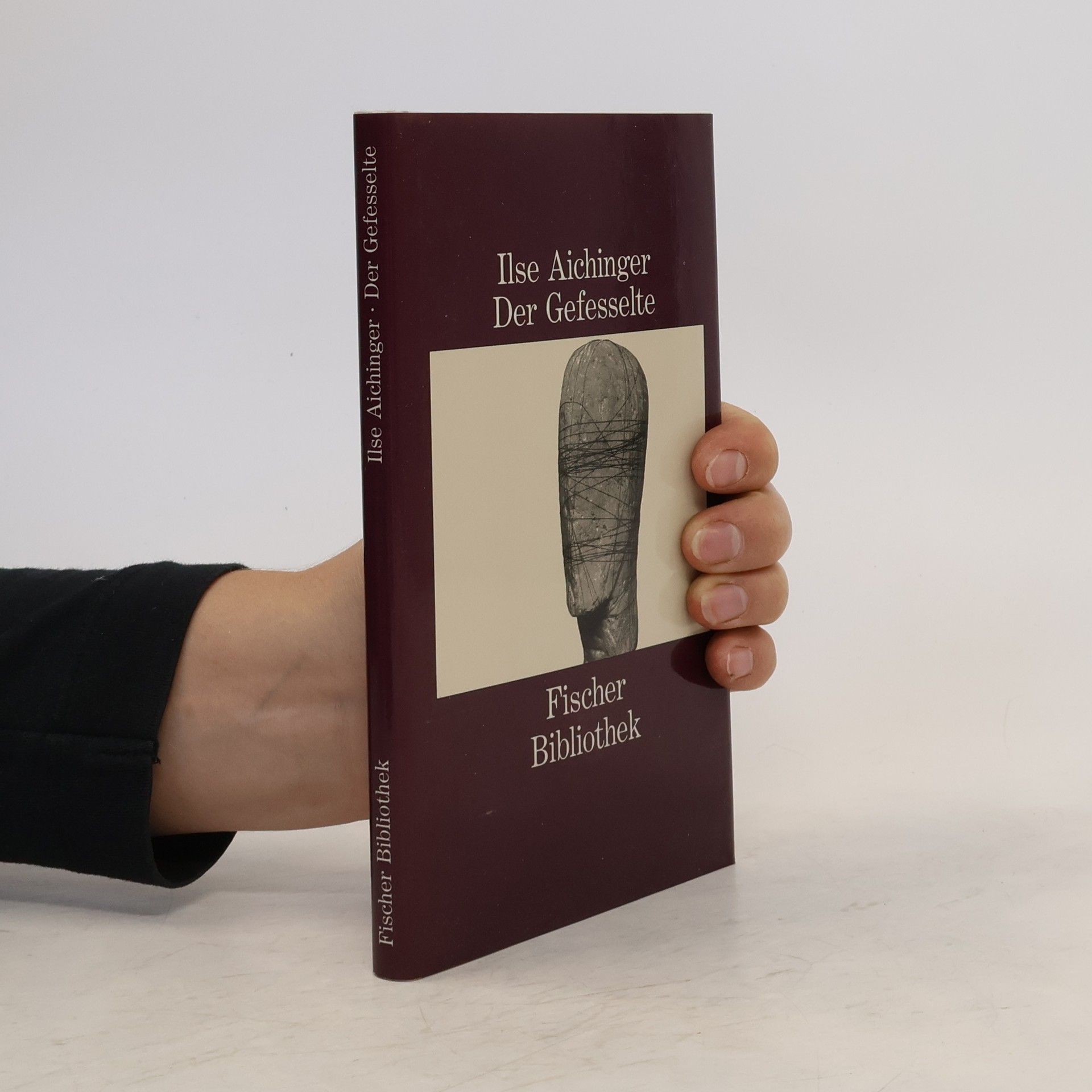A moving work of fiction from one of the most important writers of postwar Austrian and German literature. Born in 1921 to a Jewish mother, Ilse Aichinger (1921-2016) survived World War II in Vienna, while her twin sister Helga escaped with one of the last Kindertransporte to England in 1938. Many of their relatives were deported and murdered. Those losses make themselves felt throughout Aichinger's writing, which since her first and only novel, The Greater Hope, in 1948, has highlighted displacement, estrangement, and a sharp skepticism toward language. By 1976, when she published Bad Words in German, her writing had become powerfully poetic, dense, and experimental. This volume presents the whole of the original Bad Words in English for the first time, along with a selection of Aichinger's other short stories of the period; together, they demonstrate her courageous effort to create and deploy a language unmarred by misleading certainties, preconceived rules, or implicit ideologies.
Ilse Aichinger Boeken
Ilse Aichingers schrijven brengt haar ervaringen van vervolging onder de nazi's vanwege haar Joodse afkomst krachtig over. Haar proza staat bekend om zijn beknoptheid en krachtige symboliek, vaak vergeleken met Franz Kafka. Door haar werk verkent ze thema's als identiteit, herinnering en trauma, waarbij ze zich verdiept in de psychologische diepte van haar personages en hun perceptie van de wereld. Aichinger biedt lezers een onderscheidend perspectief op de impact van historische gebeurtenissen op individuele levens.







The first English translation of a major work of postwar German poetry. Austrian writer Ilse Aichinger (1921-2016) was a member of the Gruppe 47 writers' group, which sought to renew German-language literature after World War II. From a wide-ranging literary career that encompassed all genres, Squandered Advice was Aichinger's sole poetry collection. The book gathers poems written over several decades, yet Aichinger's poetic voice remains remarkably consistent, frequently addressing us or a third party, often in the imperative, with many poems written in the form of a question. Even though they use free verse throughout, the poems are still tightly structured, often around sounds or repetition, using spare language. Phrases are often fragmentary, torn off and juxtaposed as if in a collage. Isolated and haunting, the images are at times everyday, at other times surreal, suggesting dreams or memories. The tone ranges from reassuring and gentle to disjointed and disturbing, but the volume was carefully composed by the author into an integral whole, not chronological but following its own poetic logic. This new translation makes Aichinger's critically acclaimed book, which has inspired poets the German-speaking world for decades, available to English-language readers for the first time.
Kleist, Moss, Pheasants
- 106bladzijden
- 4 uur lezen
"First published in 1987, and encompassing texts from almost four decades, Kleist, moss, pheasants brings together autobiographical pieces, diary entries and reflections on fellow authors by Ilse Aichinger. As Richard Reichensperger remarks, the volume demonstrates the complex interconnections between historical events and Aichinger's life, thought and writing. The style, tone, and force of Kleist, moss, pheasants foreshadow the major achievements of Aichinger's late productive period around the turn of the millennium, which are evidenced in Film and fate and Improbable journeys."--Back cover
1939 blieb Ilse Aichinger in Wien, als ihre Zwillingsschwester Helga mit einem Kindertransport nach London gebracht wurde. Einige ihrer Familienmitglieder haben die Shoah nicht überlebt. In ihrem von Abschied und Ankunft, von Leiden und Kreativität gezeichneten Leben haben die Zwillinge bedeutende literarische und künstlerische Werke geschaffen, die 100 Jahre nach der Geburt der Schwestern in diesem zweisprachigen Band untersucht und gewürdigt werden.
Dramatic sketches full of surprising, unpredictable twists and turns from a major twentieth-century German-language author. A member of the Gruppe 47 writers’ group which sought to renew German-language literature after World War II, Ilse Aichinger (1921–2016) achieved great acclaim as a writer of fiction, poetry, prose, and radio drama. The vignettes in At No Time each begin in recognizable situations, often set in Vienna or other Austrian cities, but immediately swerve into bizarre encounters, supernatural or fantastical situations. Precisely drawn yet disturbingly skewed, they are both naturalistic and disjointed, like the finest surrealist paintings. Created to be experienced on the page or on the radio rather than the stage, they echo the magic realism of her short stories. Even though they frequently take a dark turn, they remain full of humor, agility, and poetic freedom.
Selected Poetry & Prose
- 141bladzijden
- 5 uur lezen
Logbridge-Rhodes, First Edition, 1983. Hand-written dedication by Allen. I bought this book in a secondhand store, but it is still in excellent condition. No markings.
Výbor z poezie a krátkých próz významné rakouské autorky Ilse Aichingerová. Vybrala a edičně připravila Michaela Jacobsenová.
Die größere Hoffnung: Nachw. v. Ruth Klüger
- 253bladzijden
- 9 uur lezen
Ilse Aichingers 1948 erschienener Roman über rassisch verfolgte Kinder während der Hitlerzeit irritiert noch immer: In verfremdenden Bildern erzählt er von der Angst, von der Bedrohung und der widerständigen Hoffnung der »Kinder mit den falschen Großeltern«. Diese Kinder, die nach den ›Nürnberger Gesetzen‹ als jüdisch oder - wie die Hauptfigur Ellen - als halbjüdisch gelten, leiden unter Isolation, Demütigung und Verhöhnung. Aber immer wieder wird von unnachgiebigem Widerstand erzählt, »als könne es ruhig den Kopf kosten, wenn es nur nicht das Herz kostete«. Aus solchem Widerstand heraus leben die verfolgten Kinder: Nachdem ihre Hoffnung auf Auswanderung zunichte geworden ist, erwächst ihnen eine ganz andere, die »größere Hoffnung«. Dazu gehört die Gewißheit, »daß irgendwann der Abschied endet und das Wiedersehen beginnt«, und dazu gehört auch, daß Liebe und Leiden eins werden: »Peitscht uns, tötet uns, trampelt uns nieder, einholen könnt ihr uns erst dort, wo ihr lieben oder geliebt werden wollt.« Diese Hoffnung haben die Opfer ihren Mördern voraus. »Da gibt es Kapitel einer Mischung aus bewältigender Angst, aufgehobener Zeitgeschichte und messianischer Hoffnung, wie sie niemand mehr seither so gespannt zustande brachte.« (Joachim Kaiser) Im Anhang des vorliegenden Bandes ist Ilse Aichingers erste Veröffentlichung, ein Text über den Jüdischen Friedhof in Wien, erstmals seit 1945 wieder abgedruckt. Mit der 1988 anläßlich einer Preisverleihung gehaltenen Rede an die Jugend schließt der Band den Bogen zwischen Vergangenheit und Gegenwart.
Kniha čtenářsky náročných povídek rakouské básnířky (nar. 1921), jejíž dosavadní dílo bylo poctěno rakouskými a západoněmeckými literárními cenami. Záměrně v nich zatlačuje děj do pozadí a staví na jeho místo sled básnických obrazů, jichž pravý význam a vázanost není vždy snadné odkrýt, takže čtenáře nutí, aby nejen četl, ale i uvažoval a domýšlel.



